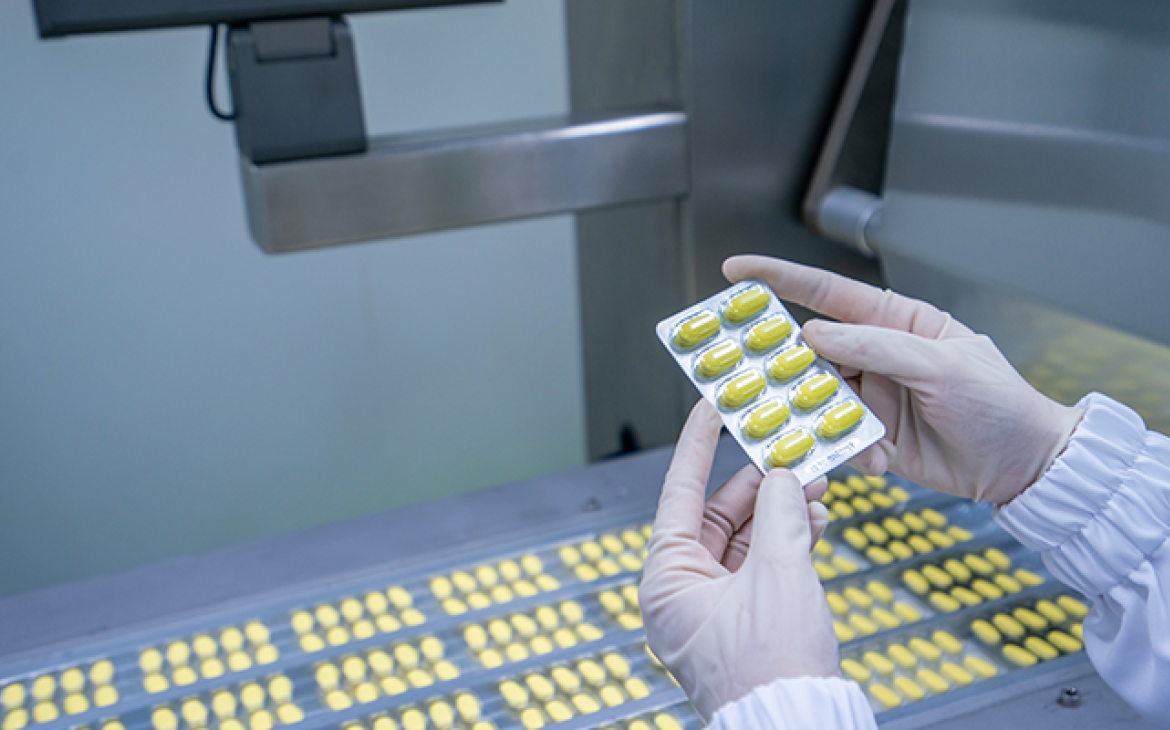
Generic medicines have benefited millions of Americans and saved trillions of dollars. Accounting for approximately 90% of prescriptions filled in the United States, generic medicines are essential to increasing patient access to important drug therapies. Generics are dispensed 97% of the time when one is available.
Generic drugs perform the same as versions of an already marketed brand-name drug in terms of active ingredient, dosage form, safety, strength, route of administration, quality, performance characteristics, and intended use. These similarities reflect an approved generic’s bioequivalence with the branded drug. For these reasons, generic medicine can be effectively substituted for its name brand counterpart.
What are complex generics?
Complex generics or products make up a category of generic medications. The U.S. Food and Drug Administration (FDA) generally considers a generic product to be a complex generic if it contains one or more of the following features:
- complex active pharmaceutical ingredients (APIs), such as peptides or complex mixtures;
- complex formulations, such as liposomes or colloids;
- complex routes of delivery, such as dermatological products or otic dosage forms that are formulated as suspensions, emulsions, or gels;
- complex dosage and complex drug-device combination products, such as metered-dose inhalers or pre-filled auto-injectors; and
- other products, according to the FDA’s Center for Drug Evaluation and Research, “where complexity or uncertainty concerning the approval pathway or possible alternative approach would benefit from early scientific engagement.”
Examples of complex generics include enoxaparin injection, orlistat lipase inhibitor, acyclovir topical cream, and epinephrine auto-injector. In 2022, the FDA approved several new complex generic products including cyclosporine ophthalmic emulsion eye drops for treatment of the condition commonly known as dry eye and budesonide and formoterol fumarate dihydrate inhalation aerosol for the treatment of certain pulmonary conditions, among others.
Why are complex generics challenging to bring to market?
Complex generics must meet the same requirements for bioequivalence as non-complex generics, but this can be more difficult for manufacturers to demonstrate using traditional methods for a variety of reasons. The manufacturing of these complex products may be difficult due to lack of expertise and equipment, use of complex excipients, lack of methodologies for the analysis and to prove the in-vitro bioequivalence, etc. In some cases, the therapeutic effect is delivered locally rather than systemically, or the mixture of components contains more than one active molecule.
As a result of these factors and other unique characteristics, complex generic products are less likely to be available than other generics, face less competition, and are less accessible to patients than non-complex products. In FY 2022, 13% of all generic drugs approved by FDA fell into the category of complex generics; during the same timeframe, 25% of all approved reference listed drugs on market were deemed complex.
What is the need for complex generics?
Generic drugs are a vital aspect of our health care system, generally offering lower-cost alternatives to brand name products while providing the same clinical benefit for patients. Generic drugs are estimated to have saved the U.S. health care system—including patients—around $366 billion in 2021 alone according to the Association for Accessible Medicines. For patients with multiple chronic illnesses that require monthly drug refills, the availability of generics may make the difference between being able to afford or stopping treatment.
Patients rely on complex generic drug products for many indications, including chronic conditions such as diabetes and asthma. According to the U.S. Centers for Disease Control and Prevention (CDC), one in ten adults in the U.S. has one chronic disease, and four in ten have two or more chronic diseases. A lack of complex generics for these patients may be felt acutely. Moreover, the lack of complex generics is estimated to cost health care systems globally billions of dollars each year. For example, a study by Matrix Global Advisors that looked at seven complex generics approved in Canada or Europe but not in the United States estimates that the approval of these products in the U.S. would yield annual savings to the healthcare system (including for patients) between $600 million and $1.7 billion.
As the pharmaceutical industry continues to embrace innovation, complex pharmaceutical products will become increasingly prevalent. Facilitating the development and approval of complex generics will be increasingly important to increase access of these needed medications for patients.
###


